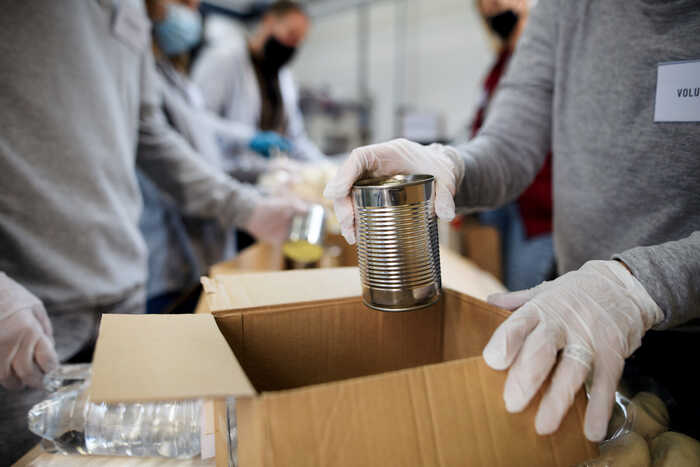What to do with food factory food waste
To operate more sustainably, you need to manage food factory waste effectively. As well as being beneficial for the environment, proper food waste management is also better for your bottom line.
What is food factory waste?
Food factory waste comes in many forms, including raw materials discarded during production or picked up through Clean-In-Place (CIP) systems, packaging materials and leftover food products that cannot be sold. Here are some common ways to manage food waste in your factory:
Recycling
You can recycle many types of food factory waste, including cardboard, paper and plastic packaging. Some food waste can be passed into the animal feed sector.
Reuse
Depending on the type of waste, it may be possible to find ways to reuse it within your factory or in other industries. For example, you can use waste heat from production processes to generate energy or provide heating for other parts of the factory. Meanwhile, you can use flour from a flour reclaim system in your bakery process, or recirculate products used in enrobing products on wire belts.
Donations
In some cases, you can donate unsold or unused food products to food banks or other organisations that feed those in need.
Disposal
If it's not possible to recycle or reuse waste, you'll need to dispose of it properly. Options include landfill, incineration and other forms of waste disposal.

How can we help?
At Willett Food Projects, we work with our clients to identify ways of minimising food waste and develop strategies for managing any waste produced. This can include incorporating waste management systems into the factory layout, as well as identifying opportunities for recycling, reuse and donation. By taking a comprehensive approach to waste management, we can help you manage your environmental impact and improve your bottom line. Get in touch today and find out how.
Posted by Kirsty Willett on June 5th 2023
